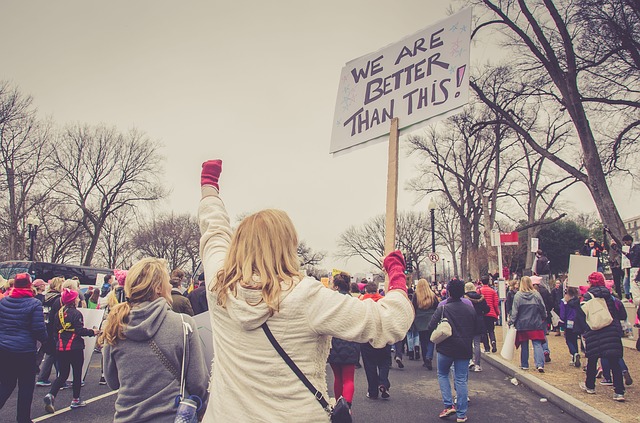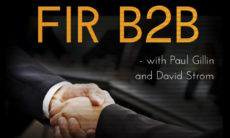The year 2017 is just half over, and it is already proving to be amazingly transformative with the number and nature of emotional changes in our culture and political world. Traditionally brands rarely get involved in social or political issues. But today consumers want to know what brands stand for on such issues. Companies are beginning to realize that an authentic, relevant, and compelling point of view will help differentiate a brand from competition and define it in a way that can significantly enhance customer loyalty.
These recent demands for brands to take a clear position on social (primarily) and political issues are driven by three interrelated forces:
- Consumers, normally pretty quiet with their opinions, have become so frustrated with the lack of progress for correcting so many social challenges, and are now vocalizing their anguish, especially the millennials who are finally taking action.
- Social media has provided the ideal vehicle to express opinions, engage more with high-visibility brands, and spread their views around the world in lightning speed, often resulting in aggressive initiatives such as boycotts or forcing brands to modify their communication content.
- Trumpism and his brand of populism have become a strong catalyst for arousing passions among most consumers with his provocative claims, unorthodox political demands, and overturning popular positions such as the environment (e.g. pulling out of the Paris Accord). Each decision or pronouncement has caused a response which is usually spearheaded by millennials over digital media.
Most of the reactions by consumers focus on social issues such as immigration, diversity, gender, and economic equality, the environment, etc. A survey by J. Walter Thompson earlier this year indicated that 78% of consumers agree that companies should address important social issues. Advertising professionals recognize this trend too. A recent study by the 4A’s revealed that 67% of these professionals believe that changing American values are causing brands to become more interested in corporate responsibility and values-based marketing. This study also showed that as a result of the presidential election, most of these professionals (57%) recognize that understanding the demographics and values of a brand’s customers is more important than ever.
On the other hand, political issues are viewed as not as “acceptable” for brands to express a point of view, although sometimes it is difficult to separate political and social issues. Many deep-seated political policies, bluntly challenged by Trump, have affected related social causes and galvanized an emotional response among consumers (e.g. climate control and EPA policies). In particular, 33% of ad professionals are more afraid of taking a political stance versus a social one (14%).
Authenticity is crucial, especially for millennials. A 2014 study said that 75% of millennials believe business should share a point of view about issues, and should even influence others to get involved in an issue. But they can detect a falsehood a mile away. For example, Audi highlighted the importance of gender equality in their Super Bowl ads, only to be discovered that they don’t practice such equality in their own executive ranks. Yes, a winning promise that could not be delivered can eventually lead to a major credibility problem.
In contrast, Airbnb is substantiating their strong belief in equality and broad acceptance of all people by setting a goal to provide housing for 100,000 people in need and contributing $4 million to the International Rescue Committee to help support displaced populations worldwide.
What should a brand do to prevent negative activism and/or respond to this surging consumer demand for answers on questions like “what does it mean to be American”? Here are some basic steps:
- A brand should always be re-evaluating their values and promises to ensure they are still relevant and enough consumers perceive it this way. Are they authentic and clear, with no inconsistencies with the realities? Can a brand use this platform for proactively turning a negative into a positive?
- Keep close tabs on your primary customers to recognize emerging risks, opinion changes, and related trends in society that can influence their attitudes, with constant research and monitoring.
- Companies that are not well-prepared with a host of ad hoc, immediate responses for different situations are setting themselves up for potential damage to brand reputation. This should include the development of a variety of creative ideas for reserve to proactively respond and strengthen their brand image.
- All companies should invest in new or expanded customer engagement services, ideally to identify and reach out to their brand evangelists. All views, negative or positive, can spread to a very broad audience literally overnight with social media today.
So, should a brand take a public stance? Obviously every brand and situation is different, but today the risks of non-action can be enormous. At a minimum, every brand should invest in some kind of preparedness capability. And new innovative ideas can always help a brand become more attractive to its customer base.






